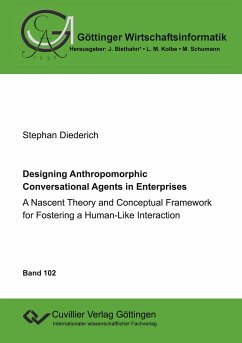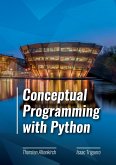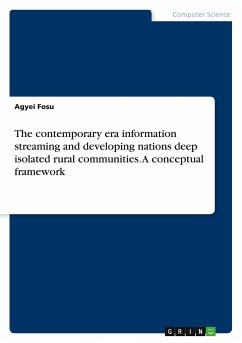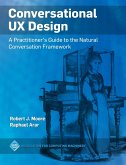Conversational agents (CAs) increasingly permeate our private and professional lives. In particular text-based CAs in a company context attract interest both internally as well as at the customer interface to provide service or support sales due to their potential for automation while offering the feeling of a human-like interaction. However, their human-like appearance often leads to user expectations that are out of line with the system¿s actual capabilities or create feelings of uncanniness. To address this problem, six studies were conducted and compiled in this dissertation. These studies provide insights into the design of human-like CAs in a company context and show how different designs influence user perception. Through a set of experiments and a design science research project, this dissertation offers three key contributions: First, it proposes a nascent design theory to craft enterprise CAs that offer a human-like interaction experience despite the limited conversational capabilities given in present-day technology. Second, the framework derived from the synthesis of the studies¿ findings outlines how the perception of a CA and the outcomes from the interaction emerge from an interplay of context-, user-, and CA design-related characteristics. Third, the insights from the experimental studies show how aspects related to the design of a CA influence user perception both with regard to anthropomorphism as well as further outcomes.
Hinweis: Dieser Artikel kann nur an eine deutsche Lieferadresse ausgeliefert werden.
Hinweis: Dieser Artikel kann nur an eine deutsche Lieferadresse ausgeliefert werden.








